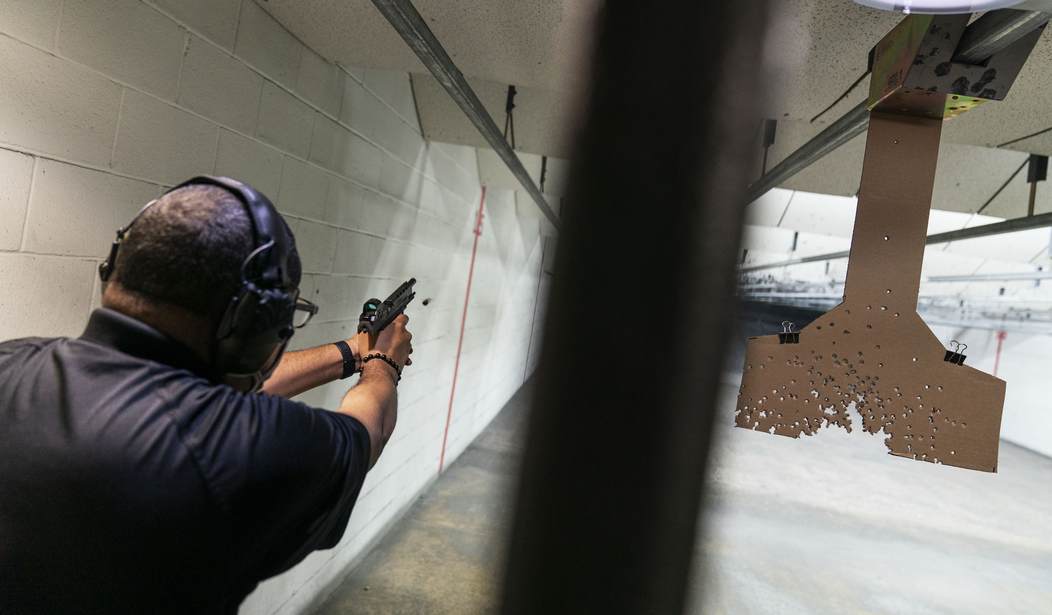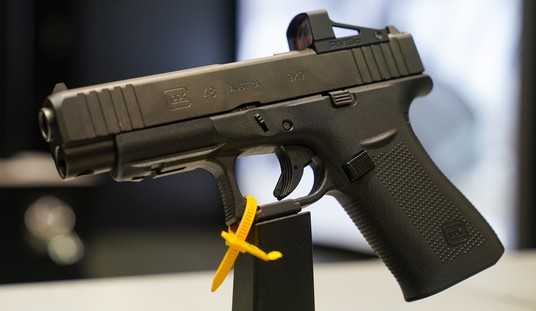Duncan v. Bonta is one of the many cases percolating around the Ninth Circuit Court of Appeals dealing with a challenge to a California gun control law; in this case the state’s ban on manufacture, sale, transfer, and possession of “large capacity” magazines. California arbitrarily defines any magazine that can hold more than ten rounds as a LCM, and even if you legally purchased one before the state’s ban took effect under an expansion of the law several years ago existing owners are required to either destroy their magazines, permanently modify them, remove them from the state, or hand them over to police.
Even before the Bruen decision and its “text, history, and tradition” test was released, U.S. District Judge Roger Benitez had already ruled the state’s ban was unconstitutional, and a three-judge panel on the Ninth Circuit upheld his decision. An en banc panel decided to rehear the case, however, and in June of 2021 overturned the previous decisions and upholding the magazine ban. The case made its way to the Supreme Court, which granted cert and vacated the Ninth Circuit’s decision, sending the case back to the Ninth for a re-hearing in light of Bruen‘s findings.
The Ninth Circuit in turn kicked the case back down to Judge Benitez, even though Benitez has already found the law to be constitutionally suspect once. I suspect this is nothing more than an attempt by anti-gun judges on the Ninth Circuit to keep this case away from SCOTUS for as long as possible in the hopes that there might be one or more anti-gun justices on the bench when the case is finally heard.
In the meantime, Judge Benitez is moving forward as quickly as possible while still allowing the state some time to search for the historical analogues necessary to uphold the magazine ban. A couple of weeks ago I reported on the laughably bad evidence Attorney General Rob Bonta had compiled in defense of the state’s ban on “assault weapons,” and now California Rifle & Pistol Association head and Second Amendment attorney Chuck Michel points out in his latest filing in the Duncan case that the laws Bonta cites approvingly aren’t just a poor fit… many of them are downright racist and exclusionary in nature.
Frankly, even remote resemblances are not within the grasp of any of the hundreds of proposed analogues the State has submitted to this Court. It saw fit to include English laws that pre-date Shakespeare, fire-safety laws, laws that barred the concealed carry (but not possession) of certain weapons, and puzzlingly, even an assortment of racist laws that only applied to slaves, free African Americans, and Native Americans. But the State did not include laws dating to the ratification of the Second or Fourteenth Amendments that banned the possession of an entire class of common arms based on their firing capacity—because, try as it might, the State could not find a single example of such a law.
Michel’s commentary on the specific laws cited is biting and brilliant.
The State’s charts do not include a single founding-era law that bans the possession of any class of arms, let alone a class of arms in common use. Instead, the State relies on several laws banning the carry, possession, or use of arms by enslaved people, Indians, and other racial minorities. ECF No. 139-1, at 1, 3-7, 13, 17-18 (citing laws of New York (1664), Virginia (1792), Delaware (1797), Kentucky (1798), and Georgia (1860), as well as the territories of Mississippi (1799, 1804), Indiana (1804), Missouri (1818), Arkansas (1835), North Carolina (1846), and the city of Harrodsburg, KY (1859)). The State’s “reliance on these laws is concerning, but in any event, they do not support the constitutionality of” California’s modern magazine ban.
Indeed, it should go without saying that slave codes and explicitly racist laws enacted to disarm classes of marginalized people provide no legitimate analogue for modern arms bans. Otherwise, the Bruen Court would have mentioned them even once, but the Court rightly ignored them. Aside from being repugnant to American (and Californian) values of liberty, equality, and human dignity, “historical restrictions on slaves and Indians provide no insight into the constitutionality of [a modern gun restriction]. That is because neither slaves nor Indians were understood to be a part of the “political community” of persons protected by the Second Amendment. Slaves, of course, were not made a part of the political community until the post-Civil War amendments and thus did not hold any Second Amendment rights—a point infamously, yet explicitly, made by Dred Scott v. Sanford itself. Indians, likewise, were also generally not considered to be a part of the political community protected by the Second Amendment.” Id. (citing Scott v. Sanford, 60 U.S. (19 How.) 393, 404 (1856)) (emphasis added).
Bonta’s not the only anti-gun attorney who’s cited these racist gun control laws in defense of modern prohibitions. The Department of Justice did the same thing in defending the current prohibition on gun ownership for marijuana users; arguing that imbibers are just as inherently dangerous today as Catholics and Indians were seen to be back in the 19th century.
In the case of California’s magazine ban, as Michel notes, even if Judge Benitez did want to consider these morally reprehensible statutes, they’re not an historic analogue to the state’s modern day prohibition on magazines that can hold more than ten rounds. These laws prohibited entire classes of people from possessing arms arms of any kind by placing the people themselves beyond the protections of the Second Amendment. There’s no dispute that legal gun owners are directly impacted by California’s magazine ban, given that the law turns owners of lawfully-purchased magazines into criminals simply for maintaining possession.
Maybe Bonta’s just adopted the strategy of including any historical gun control law he can find in an attempt to overwhelm judges with a mountain of misleading evidence, but whatever his motivation I don’t think its going to play well with “Saint” Benitez or the Supreme Court when Duncan finally arrives on its doorstep.









Join the conversation as a VIP Member